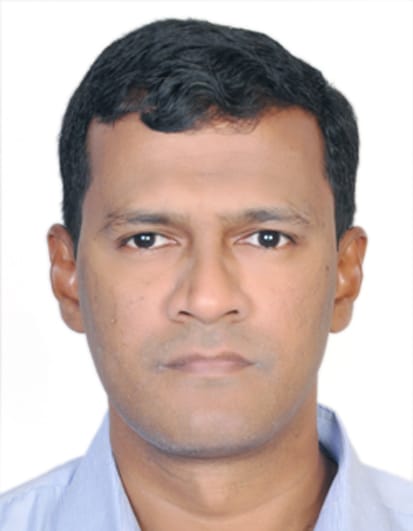Scientific Program

Deepak Mane
Tata Consultancy Services. India
Title: Machine learning in Oncology: What should clinicians know?
Biography:
Deepak Mane is a Senior Data Scientist/Enterprise Solution Architect in Global Consulting practice - Performance Engineering Lab at Tata Research Development and Design Center (A Research wing of TCS). In his previous role he was Scientific Officer at Tata Institute of Fundamental Research (TIFR). Deepak Mane has 17+ years of experience as Data Scientist/Enteprise Solution architect in Data Science, Data Management, governance, Science and Analytics, Big Data, Cloud Computing, Artificial Intelligence, Machine Learning, Deep Learning. Currently, he is working as Senior Data Scientist Commonwealth Bank of Australia through TCS. He has 7+ onsite experience at various locations such as USA, Europe, Australia and Asia in big data and cloud domain. Deepak Mane holds 6 certifications in the Data Science and cloud computing domain. He has published 21 papers in Conferences Seminars, and has been conducting Seminars/workshops at various colleges in Maharashtra and MP under AIP/FDP activities - TCS. He's also a mentor for KreSIT, Indian Institute of Technology - Mumbai. He is working as Reviewer for 10 Scopus and Springer Journals including cyber war, cyber security, artificial Intelligence. He has also been a Speaker for various international conferences across the globe(UK, USA, INDIA). He is also a member of the Technical program committee and reviewer for national/International conferences.
Abstract
Over recent years, the amount and scope of scientific and clinical data in oncology has increased significantly, including but not limited to the field of electronic health data, radiographic and histological data and genomics. This growth promises a deeper understanding of malignancy and therefore personalised and more reliable oncological treatment. However, such objectives entail the creation of new methods to allow full use of the wealth of available data. Improvements in computer processing power and the advancement of algorithms have placed master learning, an artificial intelligence branch, in the field of oncology research and practise. This analysis offers a summary of the fundamentals of computer education and addresses recent advances and difficulties in the application of this technology to cancer diagnostics, prognosis, and treatment recommendations.
- Surgery
- Chemotherapy
- Hormonal Therapy
- Suicide Gene Therapy
- Oncology Nursing

